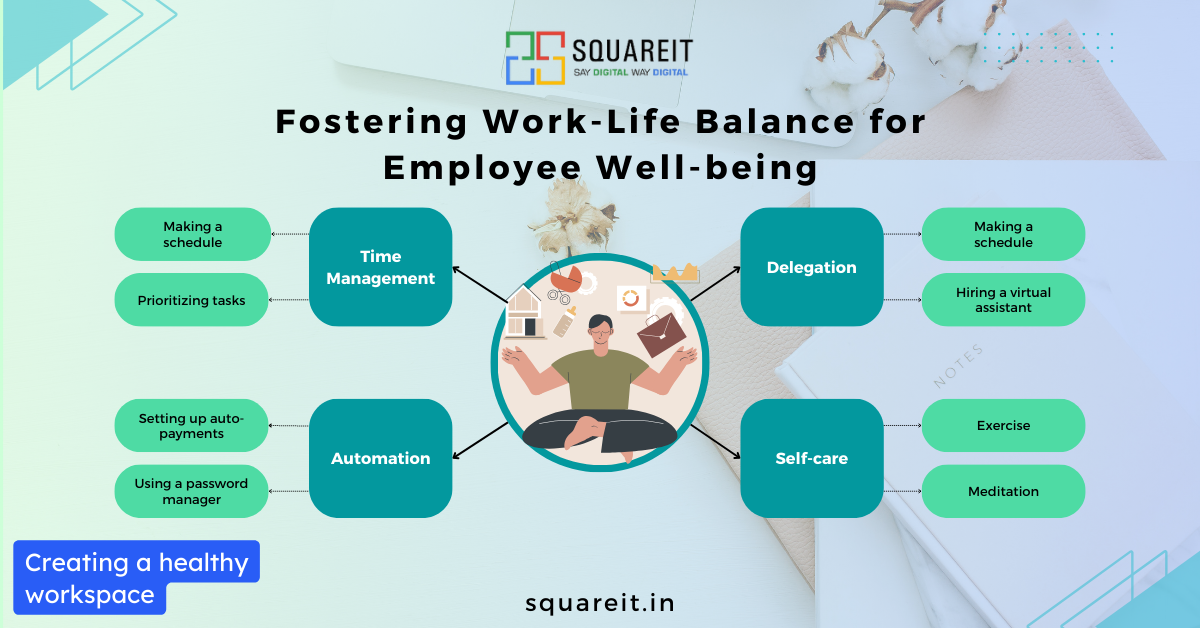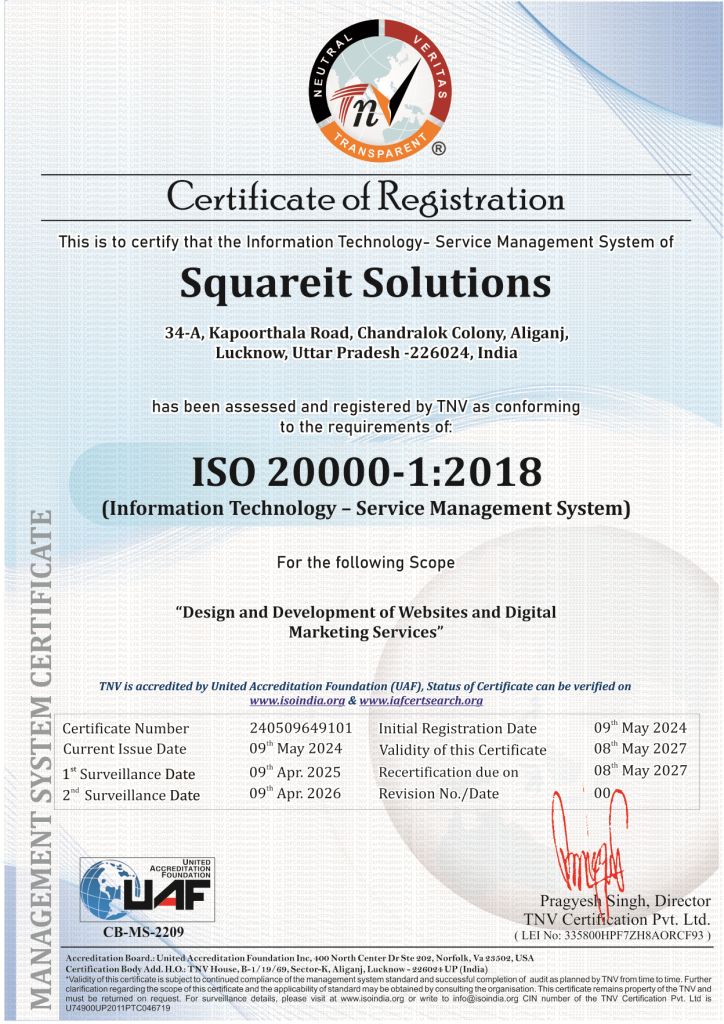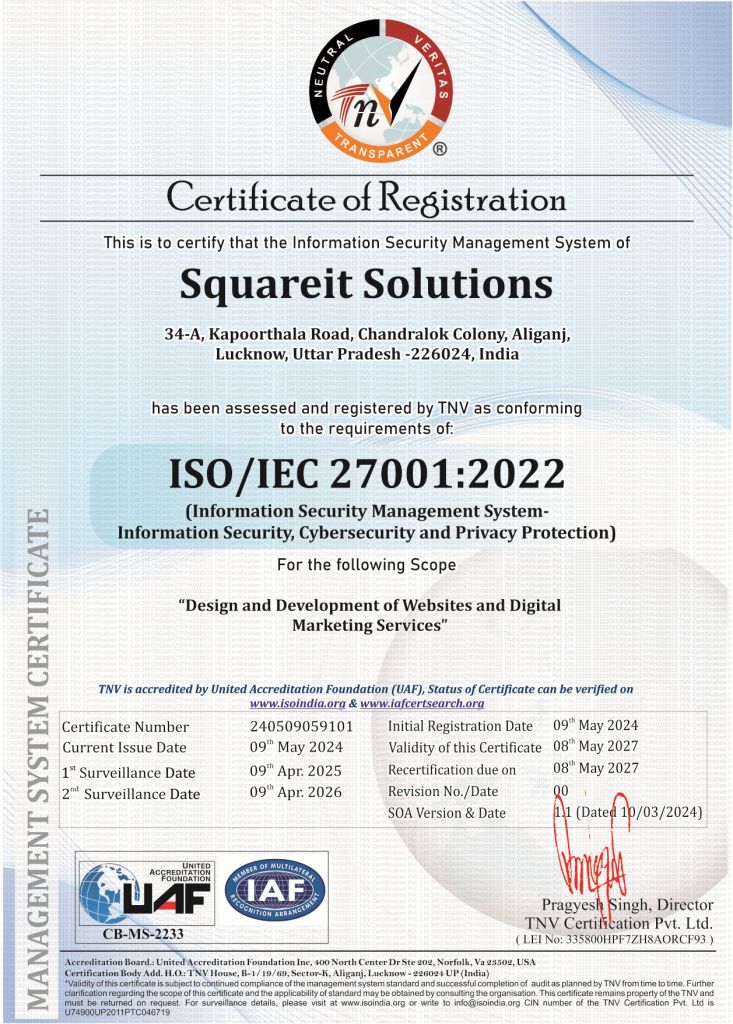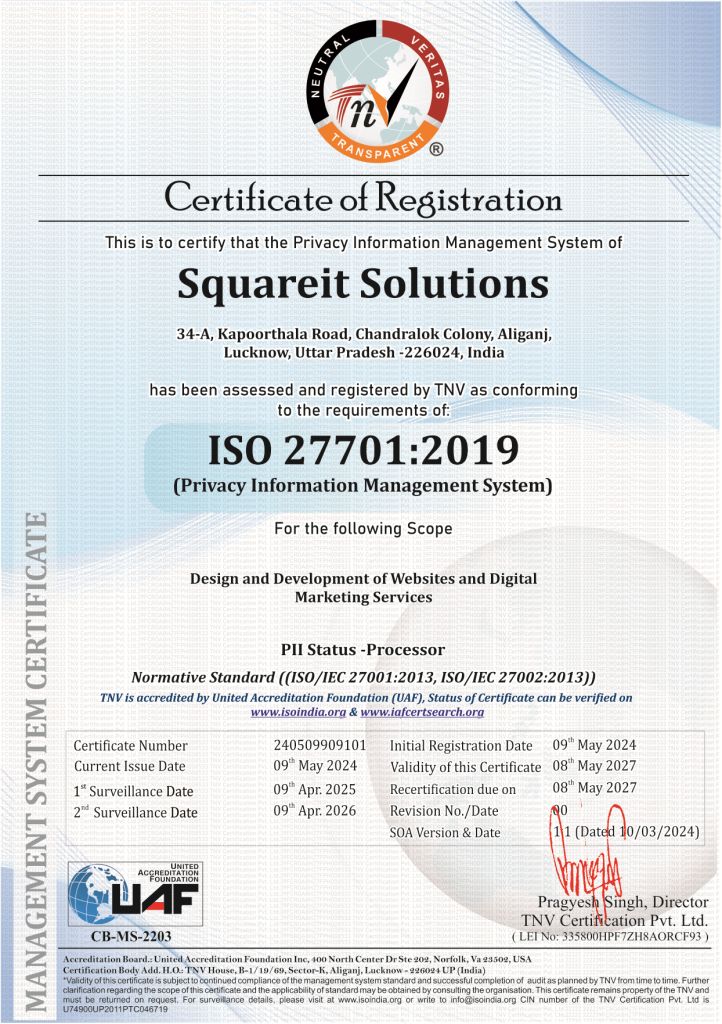We will explore practical strategies that small businesses can employ to develop successful content marketing campaigns.
In today's digital world, content marketing has become a fundamental tool for businesses to connect with their target audience and establish brand awareness. Although large companies often boast bigger budgets, small businesses can still compete effectively by leveraging their unique strengths. In this blog post, we will explore practical strategies that small businesses can employ to develop successful content marketing campaigns and stand toe-to-toe with the big players. Content marketing allows businesses to create and distribute valuable content that educates, entertains, or inspires their audience. It goes beyond traditional advertising by establishing a relationship with customers through engaging and informative content. While large companies may have more financial resources at their disposal, small businesses possess unique advantages that can be leveraged to compete in the content marketing arena.
Small businesses often have the advantage of agility and the ability to focus on niche markets. By honing in on a specific target audience, small businesses can tailor their content to meet their audience's specific needs and preferences. This hyper-targeted approach allows for more personalized and relatable content, setting them apart from their larger competitors.
Define Your Target Audience
- Understand your target audience: The first step in any content marketing strategy is gaining a deep understanding of your target audience. Small businesses have an advantage in this area because they can focus on niche markets.
- Conduct market research: Invest time and effort into conducting thorough market research to identify your audience's demographics, interests, and pain points. This information will provide valuable insights that can shape your content strategy.
- Identify demographics: Determine the key demographic characteristics of your target audience, such as age, gender, location, and income level. This data will help you tailor your content to their specific needs.
- Explore interests and preferences: Understand the interests, hobbies, and preferences of your audience. This will enable you to create content that aligns with their passions and captures their attention.
- Address pain points: Identify the challenges and pain points your audience faces. By addressing these issues through your content, you can position your business as a valuable resource and build trust.
- Create targeted and relevant content: Armed with the insights gained from market research, create content that is specifically tailored to your audience's needs. Craft articles, videos, or infographics that address their pain points and offer valuable solutions.
- Gain a competitive edge: By creating targeted and relevant content, you can differentiate yourself from larger competitors who may have a broader approach. This focused approach allows you to connect on a deeper level with your audience and establish your expertise in your niche.
- Continuously refine your understanding: Keep refining your understanding of your target audience by analyzing data, engaging with your audience through comments and feedback, and staying updated on market trends. This ongoing process will help you adapt your content strategy and maintain a competitive edge in your niche market.
Develop an Engaging Brand Story
While big players may have established brand stories, small businesses can create their unique narratives. Craft a compelling brand story that reflects your values, mission, and what sets you apart. Tell your story in a way that emotionally connects with your audience and communicates why they should choose your business. Use storytelling techniques to captivate your audience and leave a lasting impression.
Create Valuable and High-Quality Content
To compete with big players, focus on creating content that adds value to your audience's lives. Provide practical tips, industry insights, or entertaining stories that resonate with your target audience. Small businesses have the advantage of being able to deliver authentic and personalized content that connects on a human level, building trust and loyalty.
Optimize for Search Engines
Search engine optimization (SEO) is crucial for content marketing success. Research relevant keywords and incorporate them naturally into your content, including titles, headings, and descriptions. Additionally, optimize your website's technical aspects, such as page speed and mobile responsiveness. By improving your search engine rankings, you can increase visibility and drive organic traffic, giving you a fighting chance against the big players.
Leverage Social Media Channels
Social media platforms provide a cost-effective way for small businesses to reach a wider audience. Identify the platforms your target audience frequents and create engaging content tailored to each one. Share your blog posts, videos, infographics, and other relevant content to drive traffic to your website. Encourage social sharing and interaction by responding to comments and fostering conversations. Social media levels the playing field by giving you direct access to your audience and amplifying your content's reach.
Collaborate with Influencers and Experts
Partnering with influencers and industry experts can significantly enhance your content marketing efforts. Identify individuals who have a substantial following and credibility in your niche. Reach out to them for collaboration opportunities, such as guest blogging or co-creating content. Their endorsement can provide social proof and expose your business to a wider audience. By collaborating with influencers and experts, small businesses can gain credibility and compete effectively with larger players.
Conclusion
While big players may possess greater resources, small businesses can compete in content marketing by leveraging their unique strengths. By focusing on specific strategies and tactics, small businesses can level the playing field and make a significant impact. Small businesses must define their target audience. By understanding the demographics, interests, and pain points of their audience, small businesses can create tailored content that resonates with them. This personalized approach allows for stronger connections and engagement. Developing an engaging brand story is another key aspect.
Small businesses can utilize their authenticity and storytelling skills to craft narratives that connect with their audience on a deeper level. Sharing the mission, values, and distinct qualities of the business helps in building trust and establishing a memorable brand image. Creating valuable content is a fundamental pillar of content marketing. By providing informative, entertaining, or educational content, small businesses can demonstrate their expertise and add value to their audience's lives. This positions them as reliable sources of information and sets them apart from the competition.
FAQs
Q1. How to do content marketing for small businesses?
Ans. Identify target audience, create valuable content, optimize for search engines, leverage social media, collaborate with influencers, and analyze performance for effective content marketing in small businesses.
Q2. How do you compete with big players in the market?
Ans. Leverage your unique strengths, target niche markets, provide exceptional value, focus on customer relationships, and differentiate through innovation and personalized experiences.
Q3. What is a way that small businesses can compete with larger companies?
Ans. Leverage agility, focus on niche markets, offer personalized experiences, provide exceptional customer service, and emphasize unique value propositions to compete with larger companies.
Q4. What are the four keys to content marketing?
Ans. The four keys to content marketing are strategy, valuable content creation, audience targeting, and consistent engagement.
Q5. What is the golden rule of content marketing?
Ans. The golden rule of content marketing is to provide value. Create content that informs, entertains, or solves problems for your audience, establishing trust and building long-term relationships.







